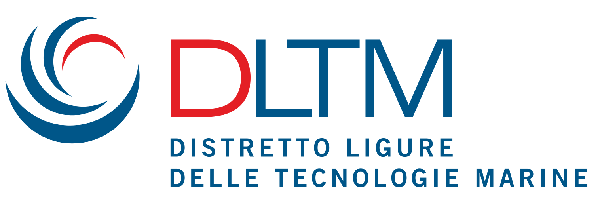Technological Trajectories
The priority objective of TRANSIT Pole is the development and implementation of programs, projects and activities that, taking into account the economic, engineering and legal aspects, develop significant effects on the metropolitan, regional and macro regional scale, considering specific developments in infrastructure and regional logistic nodes (ports, interports, airports), interactions with the main road axes and networks at a larger scale, such as the new European road and rail corridors and sea routes.
In this sense, the general reference is research and innovation in the transport sector, as a significant example for rail transport, in line with National programs (Cluster Trasporti Italia 2020), and European programs (Shift2Rail) that aim for innovative solutions to increase the capacity, safety and efficiency of freight and passenger transport, reducing both the environmental impact and the entire life cost.
The overall projects addressed within the TRANSIT Pole, using a substantial “know-how” already available thanks to the results obtained from previous Pole studies or projects in progress, will address the themes of sustainable mobility, transport safety, intelligent maintenance, and in general possible improvements in the management, development and intermodal control of traffic originating from goods and people.
Environmental sustainability of mobility
- solutions and services for environmental and territorial control and management
- solutions and services for environmental and territorial planning
- management systems for heterogeneous telecommunications networks and network interconnection
Transport safety
- applications and services of physical and logical security for critical infrastructures and sites with controlled access
- vehicle
- control and protection
- management of dangerous goods transport
- solutions for the protection of communications and critical data
Logistics and transport
- integrated logistics, urban and extra-urban transport applications
- specific applications for ports and interports
- traffic and mobility control
- mobile information
- management of maritime and intermodal terminals
- management of logistics warehouses, material distribution and storage centers
- automated management of containers
- information systems, management and electronic document exchange

